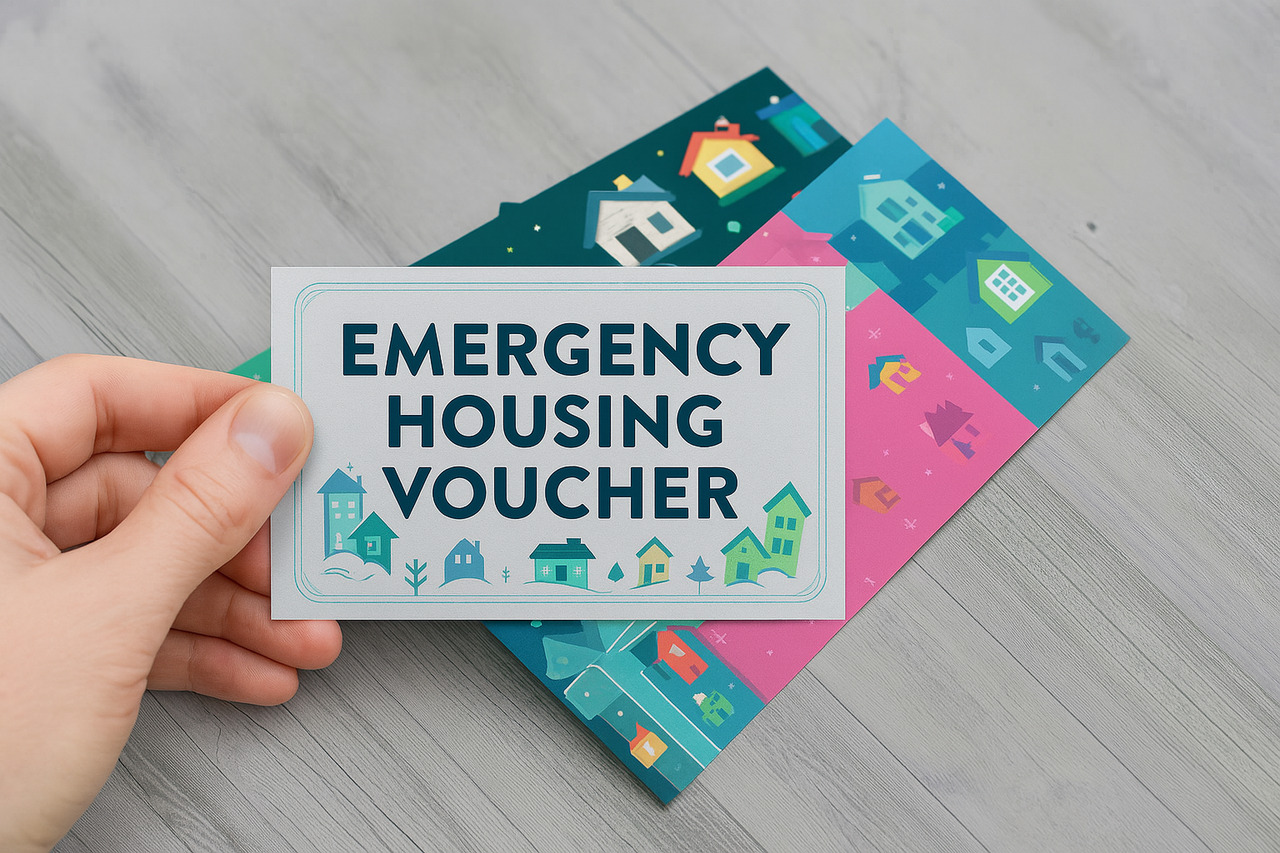Housing instability can happen fast. A job loss, medical emergency, or unsafe living situation can push families into crisis with little warning. When that happens, Emergency Housing Vouchers (EHVs) may offer a way forward. These vouchers are designed to help individuals and families secure safe, stable housing when traditional options fall short.
Unlike standard Section 8 vouchers, EHVs are reserved for people facing urgent housing challenges. The program was launched by the U.S. Department of Housing and Urban Development (HUD) in response to rising homelessness and displacement during the pandemic. While funding is limited, many local housing authorities still offer EHVs through partnerships with community organizations.
Here’s how the program works—and what you need to know to apply.
Who Qualifies for Emergency Housing Vouchers
EHVs are not open to the general public. Eligibility is based on housing status, not just income. You may qualify if you fall into one of the following categories:
- You are currently homeless or living in a shelter
- You are at risk of becoming homeless due to eviction, unsafe conditions, or loss of housing
- You are fleeing domestic violence, sexual assault, stalking, or human trafficking
- You were recently homeless and need support to avoid returning to homelessness
Local housing authorities work with service providers—such as shelters, advocacy groups, and social workers—to identify eligible individuals. These partners refer applicants directly to the housing authority, which then issues the voucher.
What the Voucher Covers
Emergency Housing Vouchers help cover rent in the private market. Once approved, you receive a voucher that subsidizes a portion of your rent, based on your income and household size. You can use the voucher with any landlord who agrees to participate in the program and whose unit meets HUD’s safety and affordability standards.
Some housing authorities also offer support services alongside the voucher, including help finding a unit, negotiating with landlords, and accessing transportation or childcare resources.
How to Start the Application Process
Applying for an EHV is different from applying for traditional housing assistance. You don’t submit an application directly to HUD or your local housing authority. Instead, you must be referred by a participating agency.
Here’s how to begin:
- Contact a local shelter or housing advocacy group These organizations are often the first point of contact for EHV referrals. Staff can assess your situation and determine whether you meet the criteria. If you do, they’ll initiate the referral process on your behalf.
- Call 211 or visit your state’s housing website The 211 hotline connects callers to local services, including emergency housing support. You can also search “[your state] emergency housing voucher” to find agencies that participate in the program.
- Reach out to domestic violence or crisis support organizations If you’re fleeing an unsafe situation, specialized agencies may be able to refer you for an EHV. These groups often have direct relationships with housing authorities and can help you navigate the process discreetly.
- Ask your case manager or social worker If you’re already working with a community service provider, let them know you’re interested in the EHV program. They may be able to submit a referral or connect you with someone who can.
What to Prepare
Once you’ve been referred, the housing authority will ask for documentation. Requirements vary by location, but you’ll likely need:
- Identification for all household members
- Proof of income or benefits
- Documentation of your housing status (e.g., eviction notice, shelter intake form, police report)
- Social Security numbers or alternative verification
It helps to gather these documents early. Some housing authorities operate on tight timelines, and missing paperwork can delay or disqualify your application.
What Happens Next
After your referral is accepted, the housing authority will issue a voucher and help you begin the housing search. You’ll need to find a landlord who accepts vouchers and whose unit meets HUD’s standards. Some agencies offer housing navigation support to make this process easier.
Once you’ve secured a unit, the housing authority will inspect it and finalize the subsidy. You’ll then sign a lease and begin receiving rental assistance.
Emergency Housing Vouchers are designed for people in crisis. The process may feel unfamiliar, especially if you’ve never worked with a housing authority before. But the support is real, and the goal is simple: to help you move from instability to safety.


Leave a Reply